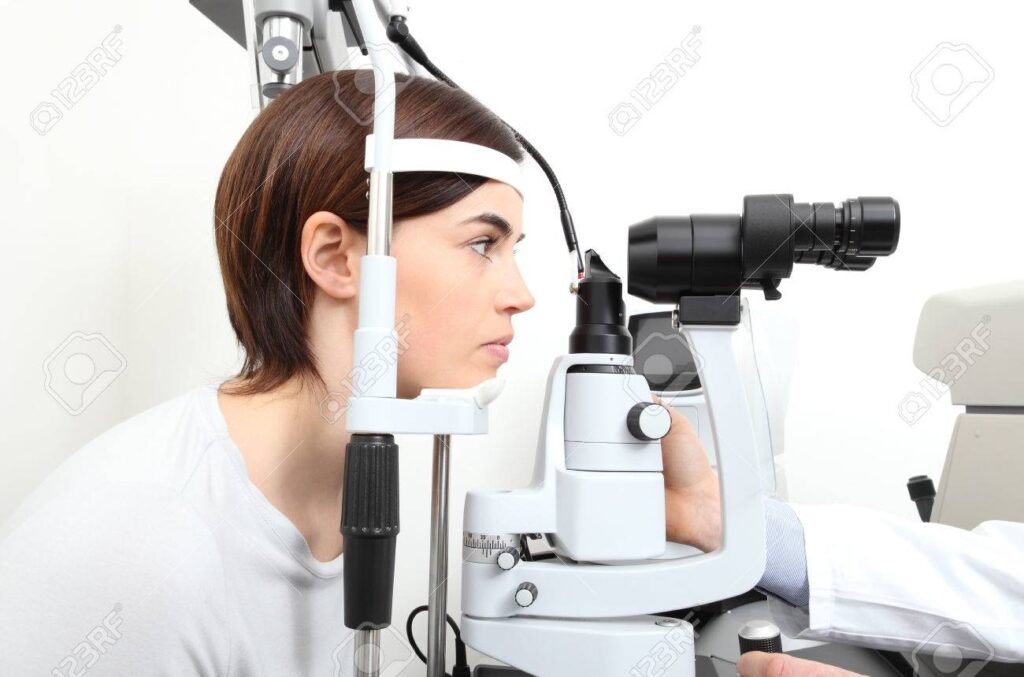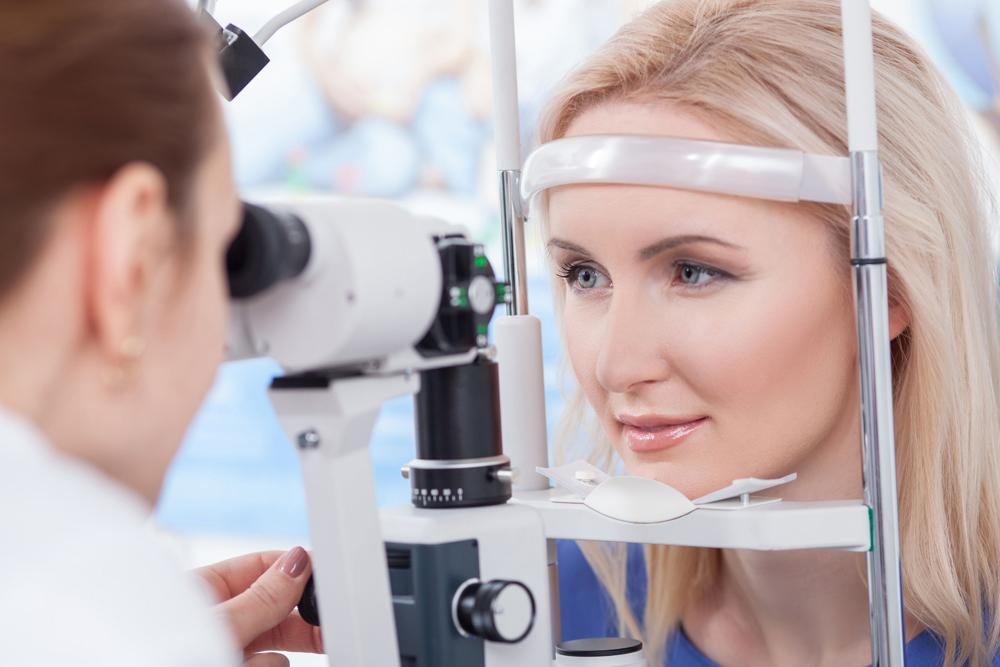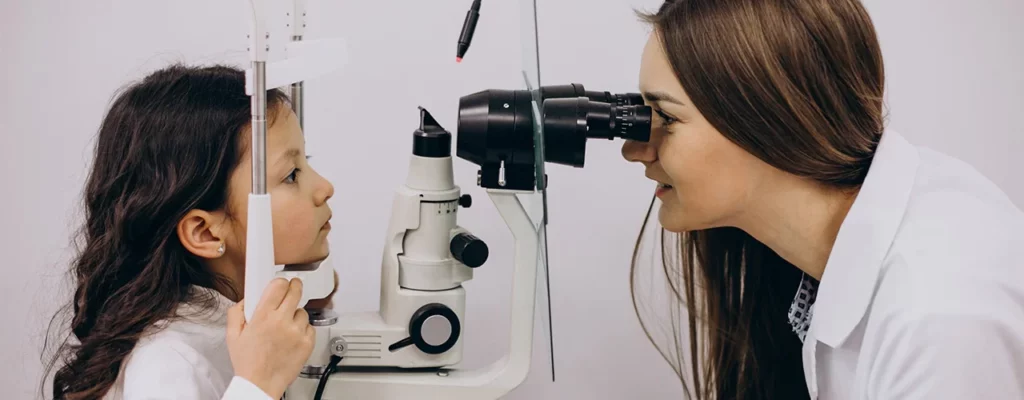Glaucoma is a serious eye condition that can lead to irreversible vision loss. It is important to understand the role of glaucoma surgery in preserving your vision and the comprehensive care required for successful treatment.
Understanding Glaucoma: A Brief Overview
Glaucoma is a group of eye diseases that damage the optic nerve, which connects the eye to the brain. The most common cause of glaucoma is increased eye pressure, known as intraocular pressure (IOP). High IOP can gradually damage the optic nerve, resulting in vision loss if left untreated.
Glaucoma surgery is a specialized procedure that requires precision and expertise. Ophthalmologists who perform these surgeries undergo extensive training to ensure optimal outcomes for their patients. By choosing a skilled and experienced surgeon, you can have confidence in the success of your glaucoma surgery.
Glaucoma is often referred to as the “silent thief of sight” because it can progress slowly and without noticeable symptoms until significant vision loss has occurred. Regular eye exams are essential for early detection and treatment of glaucoma to prevent irreversible damage to the optic nerve.

The Role of Eye Pressure in Glaucoma
Elevated IOP is a major risk factor for glaucoma development and progression. The fluid inside the eye, known as aqueous humor, normally flows in and out to maintain a constant pressure. In glaucoma, there is an imbalance in this fluid flow, leading to increased IOP. This puts pressure on the optic nerve, causing damage over time.
Aside from high IOP, other factors such as genetics, age, and underlying medical conditions can also contribute to the development of glaucoma. Understanding these risk factors can help individuals take proactive steps to protect their vision and overall eye health.
Different Types of Glaucoma
There are several types of glaucoma, including primary open-angle glaucoma, angle-closure glaucoma, and normal-tension glaucoma. Each type has its unique characteristics and treatment options. It is crucial to consult with an ophthalmologist to determine the specific type of glaucoma affecting your eyes.
Primary open-angle glaucoma is the most common type and typically progresses slowly without symptoms until significant vision loss occurs. Angle-closure glaucoma, on the other hand, can develop suddenly and cause rapid vision impairment if not promptly treated. Normal-tension glaucoma is a unique form where optic nerve damage and vision loss occur despite normal IOP levels.
The Importance of Early Detection and Treatment
Early detection of glaucoma is crucial for preserving vision. Regular eye exams play a vital role in diagnosing glaucoma at its early stages when treatment is most effective. Let’s explore some important aspects of early detection and treatment.
Glaucoma is a progressive eye disease that can lead to irreversible vision loss if left untreated. It affects the optic nerve, which is responsible for transmitting visual information from the eye to the brain. Early detection is key because once vision is lost due to glaucoma, it cannot be restored. This is why staying vigilant and proactive about your eye health is essential.
Symptoms to Watch Out For
Glaucoma is often called the ‘silent thief of sight’ because it usually develops without noticeable symptoms until the later stages. However, there are some warning signs that may indicate the presence of glaucoma, such as blurred vision, eye pain, halos around lights, and vision loss. If you experience any of these symptoms, it is essential to consult an eye care professional immediately.
In addition to these symptoms, individuals with a family history of glaucoma, those over the age of 60, and individuals of African, Hispanic, or Asian descent are at a higher risk of developing the disease. Being aware of these risk factors can help you and your eye care provider take proactive steps towards early detection and treatment.
Regular Eye Exams: A Preventive Measure
Regular eye exams are key to detecting glaucoma early. During an eye exam, your ophthalmologist will measure your IOP, assess your optic nerve, and perform other tests to evaluate your eye health. It is recommended to have comprehensive eye exams at least once every two years, or more frequently if you have risk factors for glaucoma. Learn more about optic nerve at https://www.physio-pedia.com/Optic_Nerve#:~:text=the%20Facial%20Nerve-,Description,the%20eye%20to%20the%20brain.
Aside from detecting glaucoma, comprehensive eye exams can also uncover other eye conditions such as cataracts, macular degeneration, and diabetic retinopathy. These exams provide a holistic view of your eye health and can help in the early detection and management of various eye diseases. Remember, your eyes are windows to your overall health, so prioritizing regular eye exams is a proactive step towards maintaining good vision and overall well-being.
Glaucoma Surgery: An Effective Solution
When conservative treatments, such as eye drops or laser therapy, fail to adequately control glaucoma, surgery may be necessary. Glaucoma surgery aims to reduce intraocular pressure (IOP), slow down disease progression, and preserve vision. It is a crucial step in managing this potentially sight-threatening condition. Let’s delve deeper into the world of glaucoma surgery to understand its significance and impact on patients.
Preparing for Glaucoma Surgery
Before undergoing glaucoma surgery, your ophthalmologist will conduct a thorough evaluation of your eyes and overall health. This evaluation helps determine the most suitable surgical approach for your specific condition. You will be informed about the specific surgical method, its potential outcomes, and any pre-operative instructions. It is crucial to adhere to these instructions diligently to minimize any risks and enhance the effectiveness of the surgery.
Furthermore, your ophthalmologist may discuss the anesthesia options available for the surgery. Whether it is local or general anesthesia, your comfort and safety during the procedure are of utmost importance. Clear communication with your healthcare team regarding any concerns or questions you may have can help alleviate any anxiety or apprehension before the surgery. Click here to read about general anesthesia.
The Surgical Procedure: What to Expect
Glaucoma surgery can be performed through different techniques, such as trabeculectomy, tube shunt implantation, or minimally invasive glaucoma surgery (MIGS). Each technique has its unique benefits and considerations, tailored to the individual needs of the patient. The procedure aims to create a new drainage pathway for the aqueous humor, allowing it to flow more freely and reduce eye pressure effectively.
Your surgeon will explain the specific procedure in detail, including the potential risks and benefits associated with it. Understanding the intricacies of the surgery can help you feel more informed and empowered as you embark on this important journey towards better eye health. Remember, your ophthalmologist is there to guide you every step of the way, ensuring a smooth and successful glaucoma surgery experience.
Post-Surgery Care and Recovery
After glaucoma surgery, proper post-operative care is crucial for successful recovery and long-term outcomes. Let’s take a closer look at the steps involved in managing post-operative symptoms and ensuring a smooth recovery process.
Post-surgery, it’s common to experience some sensitivity to light and mild discomfort. Your eye may also water more than usual, and you may notice some bruising around the eye area. These symptoms are normal and should gradually improve as your eye heals. It’s essential to protect your eye from any potential irritants and avoid rubbing or putting pressure on it during this delicate healing period.

Managing Post-Operative Symptoms
After glaucoma surgery, you may experience temporary discomfort, redness, or blurred vision. Your ophthalmologist will prescribe medications to manage these symptoms and prevent infection. It is essential to follow their instructions regarding medication use, eye protection, and any necessary lifestyle modifications during the healing process.
Additionally, practicing good hygiene is crucial to prevent any post-operative complications. Be sure to wash your hands thoroughly before applying any eye drops or ointments to reduce the risk of introducing harmful bacteria to your healing eye. Avoid swimming or exposing your eye to dusty or dirty environments to minimize the chances of infection.
Ensuring Successful Recovery
To ensure successful recovery, it is important to attend all follow-up appointments with your ophthalmologist. They will monitor your progress, adjust medications if necessary, and provide guidance on activities to avoid during the recovery phase. It is crucial to follow their instructions diligently and notify them immediately if you experience any unexpected changes or complications.
In addition to medical care, maintaining a healthy lifestyle can also contribute to a smoother recovery. Eating a balanced diet rich in vitamins and minerals can support your overall health, including the healing process of your eye. Adequate rest and avoiding strenuous activities can help your body focus its energy on healing. Remember to stay hydrated and avoid smoking, as it can impede the healing of your eye post-surgery.
Long-Term Vision Preservation
While glaucoma surgery can effectively lower IOP and slow down the progression of the disease, long-term vision preservation requires continuous care and lifestyle adjustments. Let’s explore some essential aspects of maintaining optimal eye health after glaucoma surgery.
Lifestyle Changes for Optimal Eye Health
Adopting a healthy lifestyle and making certain changes can significantly contribute to preserving your vision. It is crucial to ensure a balanced diet rich in antioxidants, exercise regularly, avoid smoking, and protect your eyes from harmful UV rays and other environmental factors. These lifestyle choices can have a positive impact on the long-term outcomes of glaucoma surgery.
When it comes to diet, incorporating foods that are high in antioxidants, such as leafy greens, berries, and fish, can provide essential nutrients that support eye health. Regular exercise not only improves overall cardiovascular health but also helps to maintain healthy blood flow to the eyes, promoting optimal function. Additionally, avoiding smoking is crucial, as smoking has been linked to an increased risk of developing glaucoma and can worsen the condition after surgery.
Protecting your eyes from harmful UV rays is another crucial aspect of maintaining optimal eye health. Wearing sunglasses with UV protection and a wide-brimmed hat when outdoors can help shield your eyes from excessive sun exposure. Additionally, using protective eyewear when engaging in activities that pose a risk of eye injury, such as sports or certain occupations, can help prevent damage to the eyes.
Regular Follow-ups and Continuous Care
After glaucoma surgery, regular follow-up appointments are essential for monitoring your eye health and ensuring the effectiveness of the surgical intervention. Your ophthalmologist will assess your IOP, evaluate your optic nerve, and make any necessary adjustments to your treatment plan. Maintaining open communication with your eye care provider is key to preserving your vision for years to come.
During these follow-up appointments, your ophthalmologist may also discuss additional treatment options or interventions that can further support your long-term vision preservation. These may include the use of medicated eye drops, laser therapy, or other surgical procedures, depending on the specific needs of your eyes.
Furthermore, your ophthalmologist may provide guidance on specific lifestyle modifications tailored to your individual circumstances. They can offer advice on managing stress, incorporating relaxation techniques, and optimizing sleep patterns, as these factors can also impact eye health and overall well-being.
By prioritizing post-operative care, making necessary lifestyle changes, and staying attentive to long-term follow-ups, you can take control of your eye health and enjoy a future with preserved vision.
More read about glaucoma surgery on: Navigating Glaucoma Surgery From Diagnosis to Recovery

